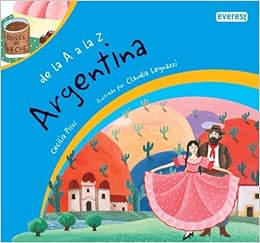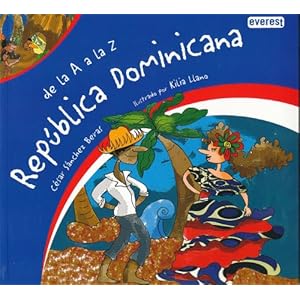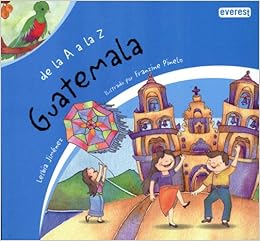This post is part of a series, 31 Days of Spanish Books for Kids. Please click HERE for the complete list of posts. {Each of these posts contain affiliate links. Thanks for supporting this blog!}
Today's post in more on a series of books than just one...
Teaching about the different cultures and countries of Latin America can be tricky. While most of them speak Spanish that doesn't mean they have the same culture. What is normal and acceptable in Columbia maybe totally different in Bolivia. What is well known in Chile may never have been heard of in Mexico. Like my friend from Argentina who one day visited Mexico and ordered a tortilla and was shocked to find out that it was a type of bread. To her a tortilla is a potato omelette.
I recently came across a series of books for different Spanish-speaking countries. The series is called "De la A a la Z" (From A to Z). I decided to order the one about Argentina since I've lived there and am most familiar with their culture. I have to say I was really impressed with the book! There was a wealth of information in there to teach Argentine culture.
Each page takes a letter of the alphabet and connects it to an item in that culture. For example, the A is for Aconcagua in Argentina. The E is for empanada. The M is for mate. Each page has a poem or rhyme in Spanish about the item and more information (also in Spanish) down at the bottom. I was impressed to notice that even the correct Argentine vocabulary is used for simple items. For example, they use the word pollera instead of falda for skirt. Most Argentines would use the first word instead of the second.
Here is a list of books in the series:
De La A a la Z Puerto Rico
De la A a la Z Peru
De la A la Z Por Mexico
De la A a la Z Chile
Because these books are written totally in Spanish, they are better suited to older kids and those that are more advanced in the language. These would also be excellent books for native speakers to learn more about the countries they are less familiar with. They would be a great addition to a Spanish classroom!







Qué buenos recursos. ¡Muchas gracias por compartirlos!
ReplyDelete